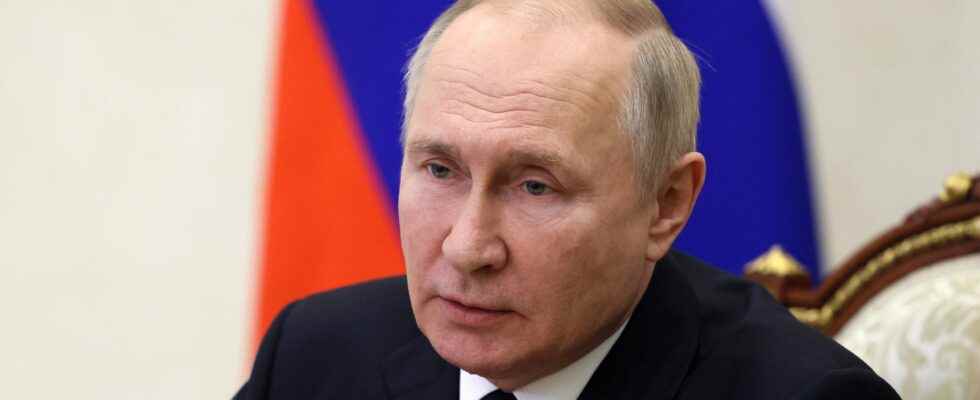Yanis Darras
modified to
09:28, December 27, 2022
Stéphane Courtois, historian and honorary research director at the CNRS, was the guest of Europe 1 this Tuesday morning. At the microphone of Lionel Gougelot, the specialist in Eastern Europe returned to the war in Ukraine, and to the reasons which pushed Vladimir Poutine to validate the war in Ukraine.
The military operation was to “last three days”, in some minds in the Kremlin. But 300 days later, it is clear that the Russian special operation in Ukraine is stalling for Moscow. For Stéphane Courtois, historian, honorary research director at the CNRS specializing in the history of Eastern Europe and communist regimes, Vladimir Poutine “made a mistake (by validating the special operation) because he was somehow deceive by his services”.
“Because what must be understood is that the Putin system is a totally corrupt system”, continues the co-author of Vladimir Putin’s Black Book at the microphone of Europe 1. “And so you have people in power who are there to line their pockets. From the moment Putin imposed the monopoly of his power, everyone serves him by saying to themselves: ‘ I will take my small part in passing. Except that when you operate in a system like that, you are very misinformed”, judges the historian.
The Russian army “is worthless”
Another point that could have compromised the operation: the Russian army. Long touted as one of the most important armies in the world, the war in Ukraine has revealed the dysfunctions of the Russian military body. “By dint of corruption and promoting incompetents who were only courtiers, we realize that this army is worth nothing”, explains Stéphane Courtois.
“And the worst thing is that it works in a certain way, like Stalin made it work. We must remember that during the Second World War, the Soviets lost a lot of men. For every German killed, there is had four Soviets falling.” A mismanagement of the troops which is found today in the conflict, concludes the honorary director of research at the CNRS.
